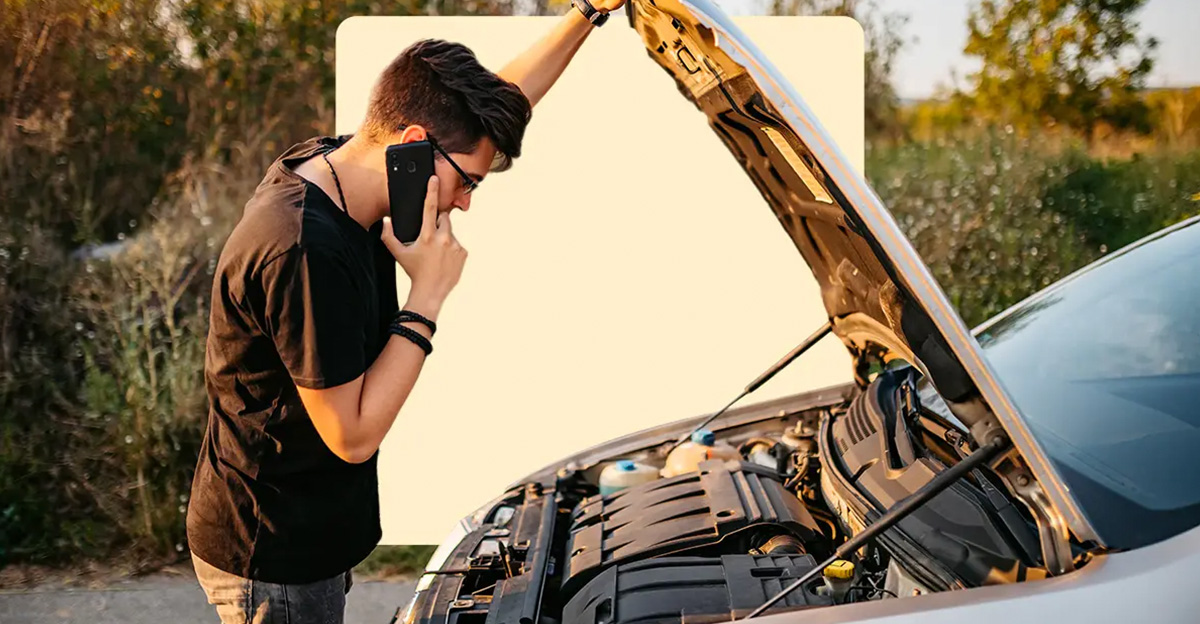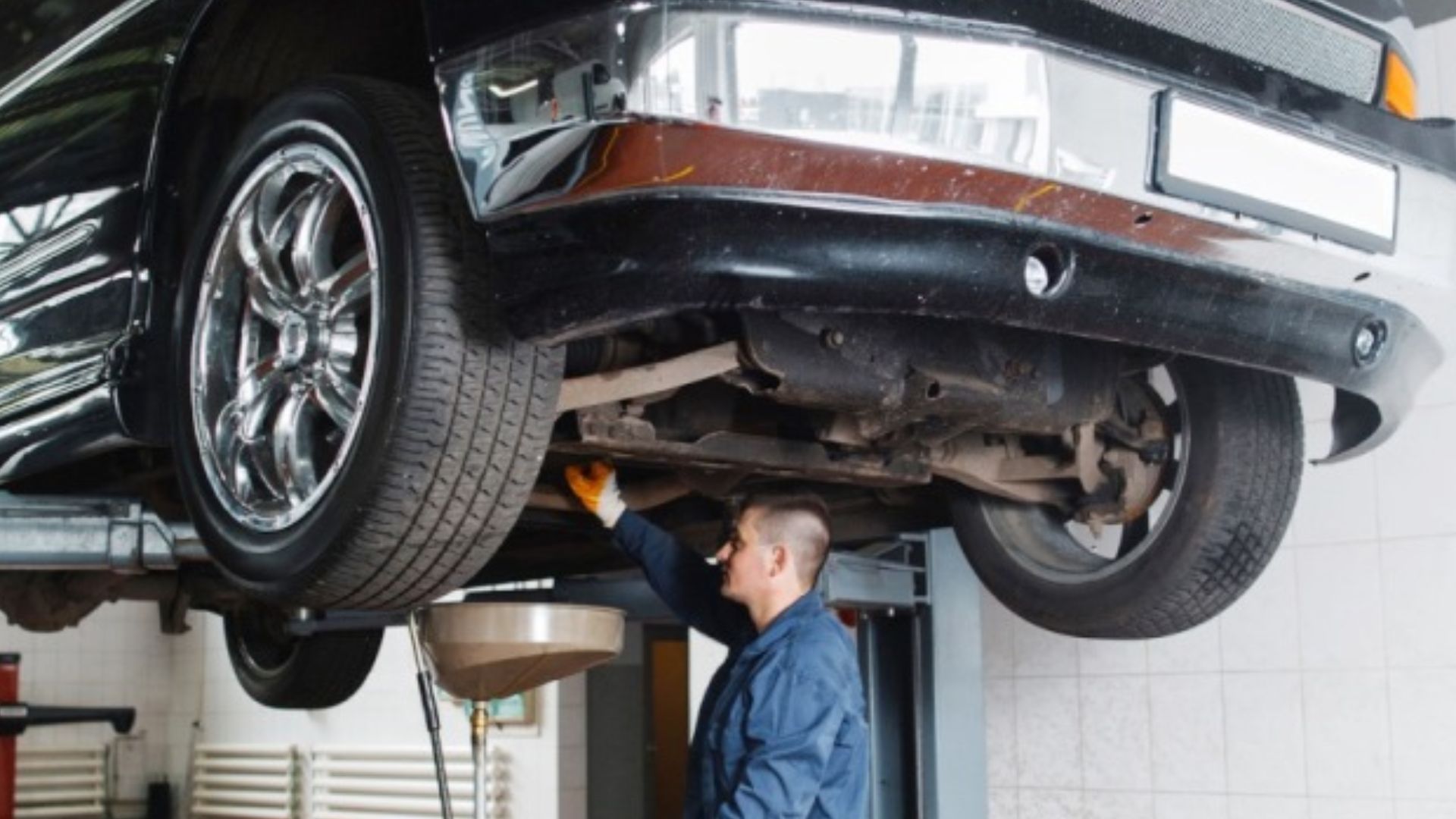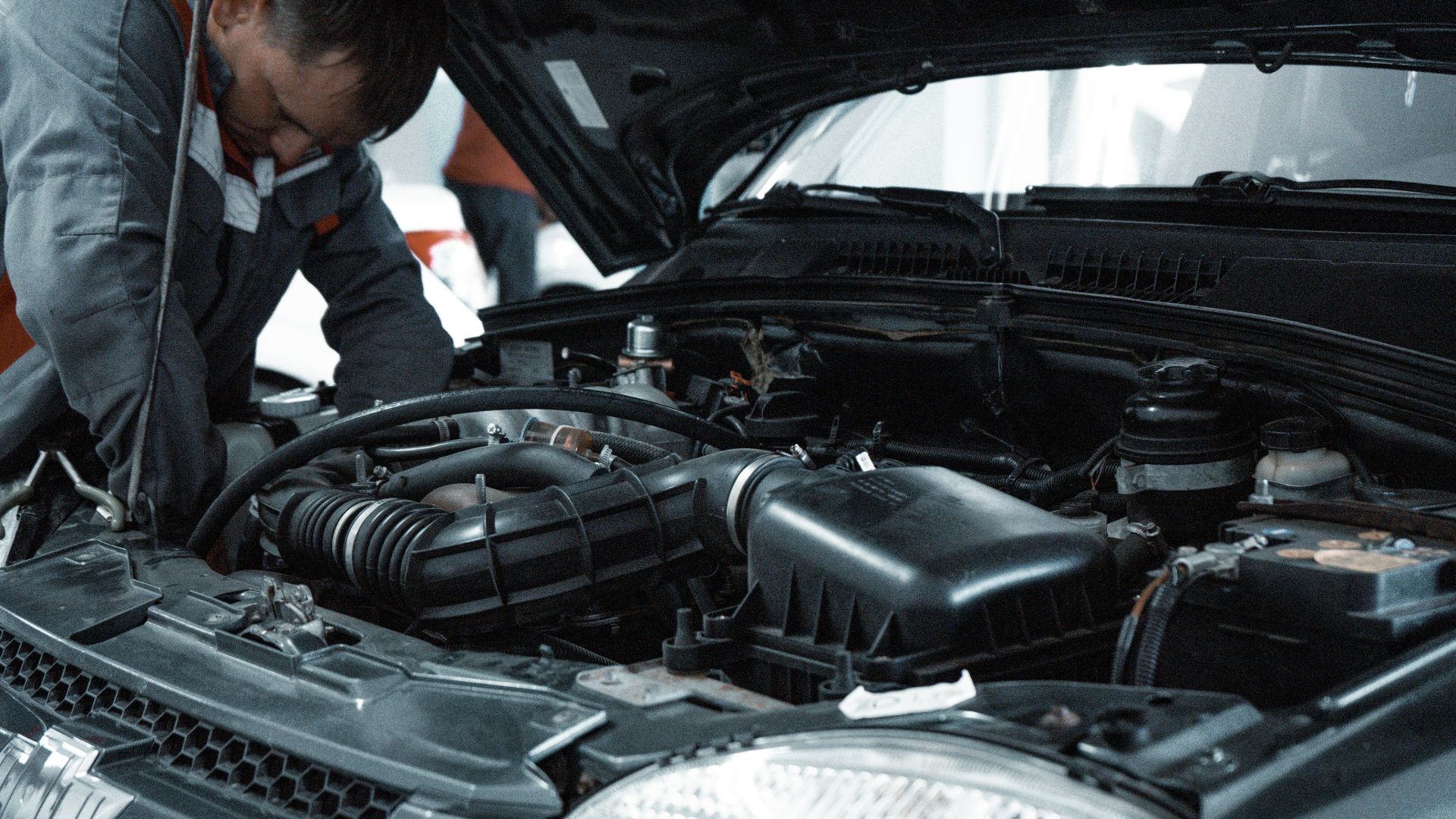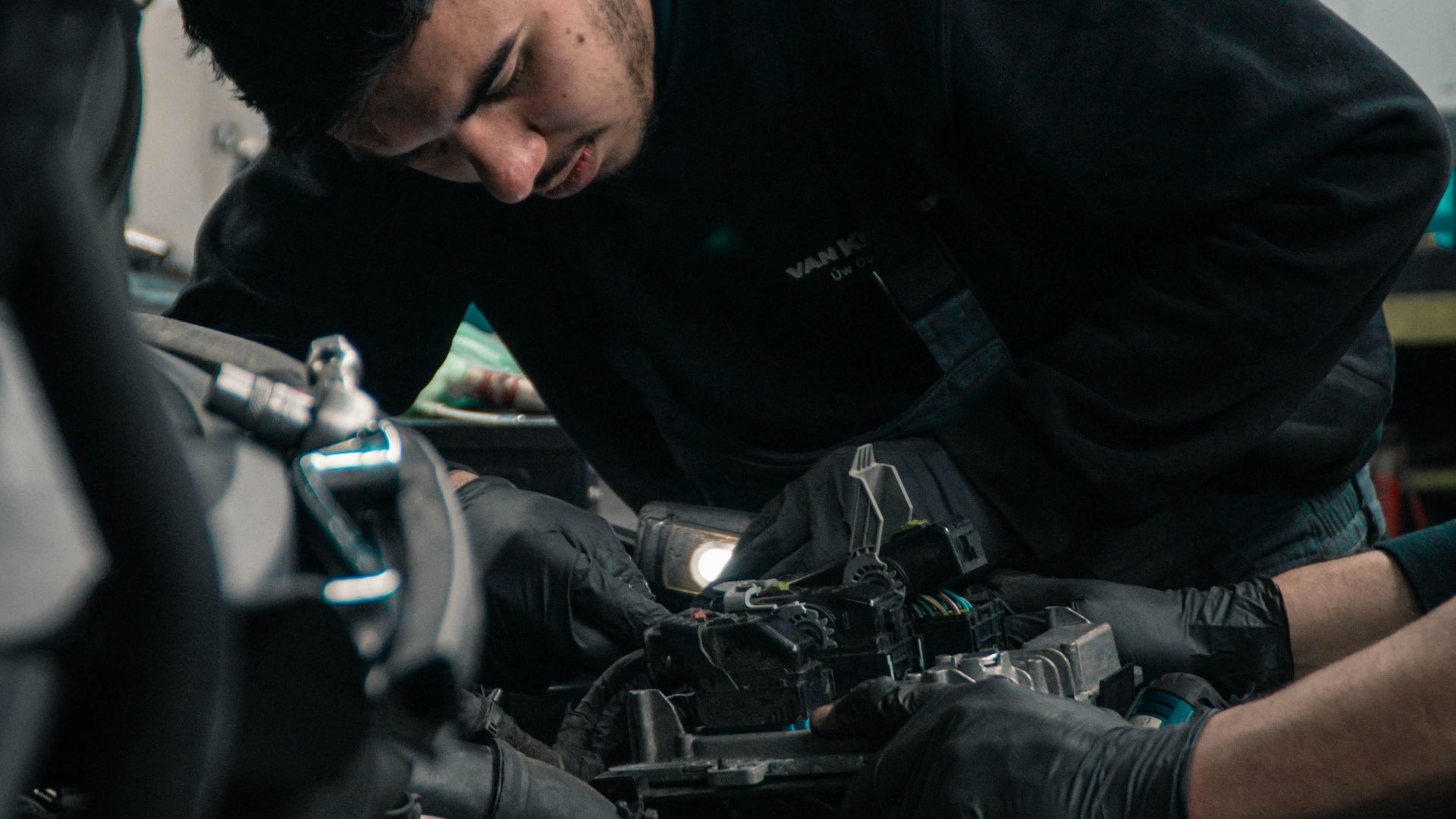Your Engine Blew Up, But Did Your Insurance Go With It?
Few experiences are as gut-wrenching for a car owner as the sudden death of an engine—especially when the catastrophic failure happens only two weeks after your extended warranty ends. The timing feels suspicious, the repair costs feel overwhelming, and the sense of unfairness is almost impossible to ignore. Many drivers in this situation find themselves wondering whether the story really has to end there. The encouraging truth is that even though a warranty’s expiration date is written in black and white, there are still circumstances where you may have recourse, and several paths may lead to partial or even full assistance with your repair bill.

Understanding What Extended Warranties Actually Cover
Extended warranties, whether offered by the manufacturer or a third-party company, are designed to protect owners from expensive component failures long after the original factory warranty runs out. These contracts typically cover major internal engine components, lubrication-related failures, and sudden breakdowns caused by defective parts. However, they also come with rigid time and mileage limits, and once those limits are reached, the company technically owes nothing further. Yet, because real-world failures don’t always respect deadlines, these limits are sometimes negotiable under the right circumstances.
Why Engine Failures Often Occur Suddenly
Although engines degrade over time, they rarely show obvious signs before a major internal issue occurs. A failing bearing, weakening oil pump, or overheating component may deteriorate slowly and quietly for months before finally giving out in one abrupt, disastrous moment. When that moment happens just after a warranty expires, it’s easy to assume the failure was already developing long before the coverage ended—and sometimes, that assumption is completely correct.
Examining How Close Your Expiration Date Was
Manufacturers and warranty administrators rarely entertain claims that fall well outside the contractual limits. But when an engine fails only days or weeks after the expiration date, the conversation becomes far more flexible. A failure that happens two weeks after an expiration raises a reasonable question about whether the underlying issue may have already existed beforehand. The closer the timing, the stronger the argument that the coverage should be extended as a matter of fairness or goodwill.
Determining Whether the Failure Pre-Existed Expiration
Proving that the failure began before the warranty expired is one of the most powerful angles you can take. A mechanic may be able to identify signs of gradual deterioration, such as metal shavings consistent with long-term bearing wear or oil starvation patterns that clearly did not appear overnight. When diagnostic evidence shows that the underlying cause was already in motion before the warranty lapsed, your argument becomes significantly more compelling.
The Importance of Diagnostic Evidence
To strengthen your case, the shop’s teardown and inspection reports become vital. Detailed explanations from the mechanic about the condition of the internal components can indicate whether the problem developed slowly or suddenly. If the technician describes a failure process that clearly began during the warranty period—even if the final breakdown occurred later—you can use that information when communicating with the warranty provider or manufacturer. Strong documentation often leads to better outcomes.
Reviewing Your Warranty Contract Carefully
Before making any calls, it’s important to read your contract with fresh eyes. Some contracts contain ambiguous language about when a failure is officially considered to have occurred, and others include grace periods or statements about goodwill accommodations. Even subtle wording about ongoing failures can help you argue that the malfunction was already present before coverage ended. These details matter immensely when trying to convince the provider to reconsider.
Checking Whether You Followed Maintenance Requirements
Extended warranties require owners to keep up with specific maintenance intervals, and providers often ask for proof of oil changes and other routine services before they approve major claims. If your vehicle’s maintenance history is complete and well-documented, you are in a far stronger position. Conversely, if gaps exist, the warranty company may attempt to deny assistance based on lack of proper upkeep, even if the timing of the failure is suspiciously close to expiration.
Contacting the Warranty Provider Immediately
As soon as the mechanic diagnoses the engine failure, you should contact the warranty provider. It is important to explain the timing clearly and calmly and to state that the failure happened only two weeks after the expiration. Warranty administrators sometimes make exceptions for customers who act quickly, clearly present their case, and demonstrate that the timing is unusually close. A prompt call also signals that you are serious about finding a fair resolution.
Making a Goodwill Adjustment Request
Manufacturers occasionally offer goodwill repairs, even when warranties are technically expired. These gestures are especially likely when the vehicle has been regularly serviced at the dealership or when the owner has a history of buying the same brand. By requesting a goodwill adjustment, you’re not challenging the contract but appealing to the manufacturer’s interest in maintaining customer loyalty. Many drivers are surprised to learn how often these requests succeed.
Escalating to a Regional Service Manager
If the dealership or warranty company denies your initial request, the next step is to escalate the case to a regional service manager. These individuals have more authority to authorize exceptions, and they often take into account factors such as customer loyalty, maintenance history, and the short interval between expiration and failure. A polite but firm request to escalate can sometimes mean the difference between complete denial and meaningful financial assistance.
When Dealerships Are More Helpful Than Warranty Providers
Dealerships typically care more about customer retention than warranty companies do, because their long-term business depends on satisfied clients returning for new purchases and services. For this reason, dealerships may advocate on your behalf, reinforce your claim that the failure likely pre-dated expiration, or even contribute financially to the repair. Building a good rapport with the service advisor can increase your chances of success.
Using a Second Technical Opinion
A second opinion from another reputable shop can add further credibility to your argument. If two separate technicians independently conclude that the failure was caused by long-term wear or an issue that certainly started during the warranty period, you gain significant leverage. Multiple expert statements are hard for manufacturers to dismiss, especially when both opinions align on root cause.
The Value of Complete Service History
A complete, organized service history demonstrates responsible vehicle ownership. Manufacturers and warranty administrators are far more inclined to offer goodwill assistance to owners who have clearly maintained their vehicles according to schedule. When you can show that you upheld your end of the vehicle’s care, it strengthens your position in every subsequent negotiation.
Leveraging Brand Loyalty to Your Advantage
If you have purchased multiple vehicles from the same brand or consistently serviced your car at authorized dealerships, you should mention this during discussions. Manufacturers highly value loyal customers and often extend goodwill repairs to preserve those relationships. Your loyalty becomes part of the story you are presenting, and it can play a meaningful role in the final decision.
Understanding Hidden Warranty Extensions
Some manufacturers quietly extend warranties on specific components when they notice higher-than-expected failure rates in certain models. These extensions are not always publicized, and customers often only learn about them when dealerships check the vehicle’s service bulletins. Asking your dealer whether your engine has any extended coverage programs attached to it is an essential step that many owners overlook.
Searching for Known Defects or Class Actions
If your particular engine model has a track record of premature failure, oil consumption problems, or internal component defects, your situation may fall under a known issue. In some cases, class-action lawsuits or settlement programs exist to compensate owners for failures that happen outside the normal warranty period. Researching whether your engine type appears in such cases can open additional avenues for recourse.
Filing a Formal Appeal
If informal conversations do not lead to a solution, you can submit a formal written appeal. In this document, you should outline the diagnostic findings, describe the service history, include copies of all receipts, and present a clear timeline showing how the failure occurred shortly after expiration. Written appeals are often reviewed by higher-level decision makers who may take a more sympathetic view of borderline cases.
 LinkedIn Sales Navigator, Pexels
LinkedIn Sales Navigator, Pexels
Exploring Insurance Options
While rare, certain engine failures caused by external events may fall under mechanical breakdown insurance or even comprehensive insurance policies. For example, if a ruptured coolant line led to overheating and secondary engine damage, your insurer may cover part of the repair. This option depends heavily on your specific policy and the cause of the failure, but it is worth investigating.
Negotiating Partial Coverage
Even if full coverage is denied, negotiating partial assistance is common. Manufacturers may offer to split the cost of the repair, provide discounted parts, reduce labor fees, or offer loyalty credits toward a new vehicle. These compromises can dramatically reduce your financial burden and are often easier for companies to approve than full coverage.
Seeking Assistance From Consumer Protection Agencies
If the manufacturer refuses to budge, organizations such as state consumer protection offices, automotive ombudsman programs, and the Better Business Bureau may be able to intervene. These agencies can help mediate disputes, especially when the timing of the failure raises questions about fairness. Sometimes the pressure of outside involvement is enough to prompt a reconsideration.
When Small Claims Court Might Help
For repair bills that fall within your state’s small claims limits, legal action may be an option. Judges often side with consumers when evidence clearly shows that the failure was developing during the warranty period. While this approach requires time and preparation, it can result in a partial or complete reimbursement of repair costs.
Hiring an Automotive Attorney
For extremely expensive engine repairs—especially those costing $6,000 or more—it may be worthwhile to consult a lawyer specializing in automotive warranty claims. Many attorneys offer free initial consultations and can help you determine whether you have a strong enough case to pursue further action.
Should You Consider an Aftermarket Warranty Now?
Although no new coverage will apply retroactively to the current failure, purchasing a new service plan after the repair may be worthwhile if you intend to keep the vehicle long-term. Aftermarket warranties can provide reasonable protection against future breakdowns, especially if your vehicle is known for issues that tend to appear as it ages.
Avoiding This Situation in the Future
To avoid facing a similar situation again, it’s helpful to track your warranty dates carefully and schedule a comprehensive inspection before coverage ends. Asking mechanics to document any unusual noises or performance issues can also help reveal hidden problems while you are still protected, potentially saving thousands of dollars in future repairs.
When Replacement May Be Better Than Repair
If your car is older, has high mileage, or belongs to a model line known for repeated engine issues, replacing the entire vehicle may be more financially sensible than installing a new engine. Even cars with failed engines carry some trade-in value, and starting fresh may prevent a repeating cycle of costly repairs.
New Car, Or A New Engine?
Although an engine failure occurring just two weeks after an extended warranty expires feels deeply unjust, the situation is not automatically hopeless. Many drivers discover that with thorough documentation, a well-presented argument, and persistent communication, they can secure goodwill assistance, partial reimbursement, or other negotiated solutions. The most important steps involve gathering evidence, appealing to the right decision makers, and presenting a clear case that the failure likely began before expiration.
You May Also Like:
Every Driver Should Steal These Simple Tricks That Professional Car Detailers Use
Time To Shine A Light On The Nash-Healey: America's Forgotten Sports Car
































